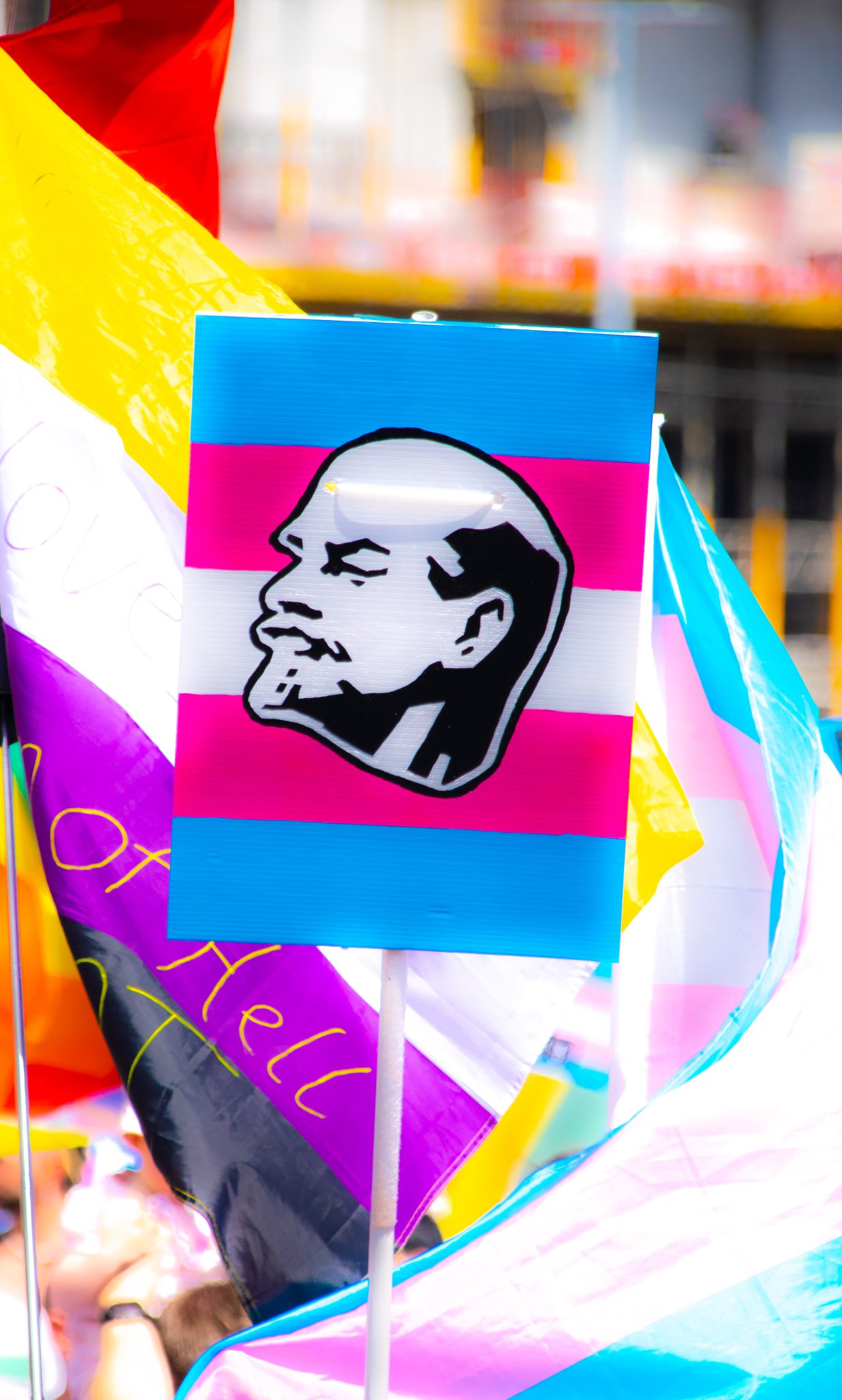cross-posted from: https://lemmygrad.ml/post/530122
[Excerpt]
On 27 May 1937, R. was interned at Sachsenhausen concentration camp under protective custody. On 5 February 1938, R. and Gertrud were divorced. R. was released from Sachsenhausen six weeks later, on 22 March 1938, and by October that year Gertrud had remarried.
R. believed that Gertrud was the one to denounce her to the Gestapo, a deep betrayal that had landed her in Sachsenhausen. According to R., Gertrud told the Gestapo that she knew nothing of R.’s gender non-conformity, claiming a narrative of ‘deceit’ that would have been familiar to the authorities.
Up until this point in history, gender-crossing behaviours were often linked to espionage and theft. Claiming deceit would protect Gertrud from accusations of adultery and would legitimize her divorce and remarriage.
Gertrud’s actions are less shocking when contextualized within the climate of fear in [the Third Reich], in which wider society functioned as an unofficial branch of the Gestapo, with neighbours and even loved ones denouncing those who did not belong in the Volksgemeinschaft.
Gender nonconformity constituted a heightened ‘risk’ category in terms of drawing negative attention to visible queerness, and the practice of alerting gender non-conforming people to the police in [the Third Reich] was common, even within queer circles.
[…]
While interned in Sachsenhausen, R. continued to experience betrayal. Her mother, Alice, wrote letters to the Youth Welfare Office, who took R.’s children away from her. While her mother ‘did not care’ for the children emotionally, she gained custody of them when the state deemed both R. and her wife incapable of looking after them.
Alice also cleared out all items from R.’s flat, removing her economic security and, according to R., pushing R. to ‘lose interest in life’. R. would later reflect on ‘what moves the woman to want to get rid of me’, because Alice ‘continued to work against’ R. after 1936.
Despite her forced de-transition, R.’s mother continued to spurn her — the sharp break between the Weimar and [Fascist] eras blurred by the continuity in familial rejection. There is no downplaying the crushing reality of the post-1933 world. But for R. the significant watershed was 1936. The greatest losses were her gender and her closest relationships.
Released from Sachsenhausen in March 1938, R. was now childless and partnerless. Yet she did not attempt to avoid repeat offences or reinternment after her stay at Sachsenhausen. As will become clear, R. suffered over the course of the ensuing years, but her life cannot be captured with the simple juxtaposition of a queer haven destroyed by the unyielding brutality of [anticommunist] violence.
[…]
For R., much of her personhood and self-worth was linked to her being allowed to live as a woman. Through her de-transition, she had suffered a profound deprivation of humanity. It also signalled a change in her personality and personal relationships. While the [Fascist] state heterogeneously persecuted R. from this point onwards, her de‐transition evoked greater personal and interpersonal damage than direct forms of punishment and incarceration.
R.’s emotional state in 1941 was bleak: not only could she no longer live as the gender that gave her the most self‐worth, but she was also alone, plagued by voices that buttressed her sense of worthlessness, abusing alcohol to stem the feelings she could not bear, without the resilience necessary to prevent herself acting on self-destructive behaviours.
In the eyes of the court, repeated imprisonment and internment had not altered R.’s behaviour, indicating the need for alternative measures to be taken. The judge overseeing R.’s prosecution in 1941 therefore saw no use in further carceral punishment, and instead sent for her to be psychologically assessed so that she might be sent to a psychiatric institute. The presiding judge for her previous offence had also had R.’s ‘state of mind’ assessed.
In 1938, Dr. Frommer had produced a highly detailed report, which concluded that R. was a transvestite and a masochist. Dr. Fommer noted that R. had an ‘abnormality of the sex drive’, but she was ‘certainly not a dangerous moral offender in the sense of the relevant provisions of the penal code’. This was Dr. Frommer’s way of absolving R. of accusations against §175 while still acknowledging her unorthodox sexual tastes.
[…]
R. was not a prized Volksgenosse (member of the people’s community) of the SS ilk, nor homosexual, but she was ‘Aryan’ and unstable. Indeed, these characteristics played a central rôle in her treatment.
Jennifer Evans’s work has shown that transvestism was of ‘the worst kind’ when perceived as an act of homosexual prostitution. But the contrast of this with R.’s case confirms Jane Caplan’s hunch that there was no decisive and uniform response to transness from the [anticommunist] state.
This mirrors Samuel Huneke’s formulation of the ‘heterogeneous persecution’ lesbians were subject to in the Third Reich, wherein how lesbians were treated differed greatly depending on the categories additional to ‘lesbian’ that were assigned to them.
R. occupied a liminal place in the [Fascist] carceral system. She was not clearly criminal (homosexual), but was a public nuisance to the Volksgemeinschaft; she had an ‘abnormal sex drive’ and was a Transvestit, but she was worthy of medical care and treatment, and given a chance to re-establish her place in [Fascist] society.
[…]
On the morning of 12 March 1943, R. was found hanging in one of the toilet cubicles in the Wittenau. The subsequent report stated that R. had committed suicide the night before and was found that morning by the caretaker.
[…]
R.’s gendered sense of self had tentatively found validation in the form of womanhood and femininity before 1936. But since that world had been flattened with the [Fascist] takeover, she could no longer inhabit it. Perhaps R. could no longer find a sense of place in the world or self within the gender binary, so she untethered herself from it.
This can be interpreted as her letting go: a signal of her intentions in March 1943. If she could never see a future in which she could live again as a woman, she would be neither man nor woman — she would become nothing.
While normally I’m impersonal when I comment on these anecdotes, I want to take this moment to express my deepest sorrow and sympathy for this poor woman. Gerd R., I am so, deeply sorry. You didn’t deserve the life that you got. Rest in peace, wherever you are.

